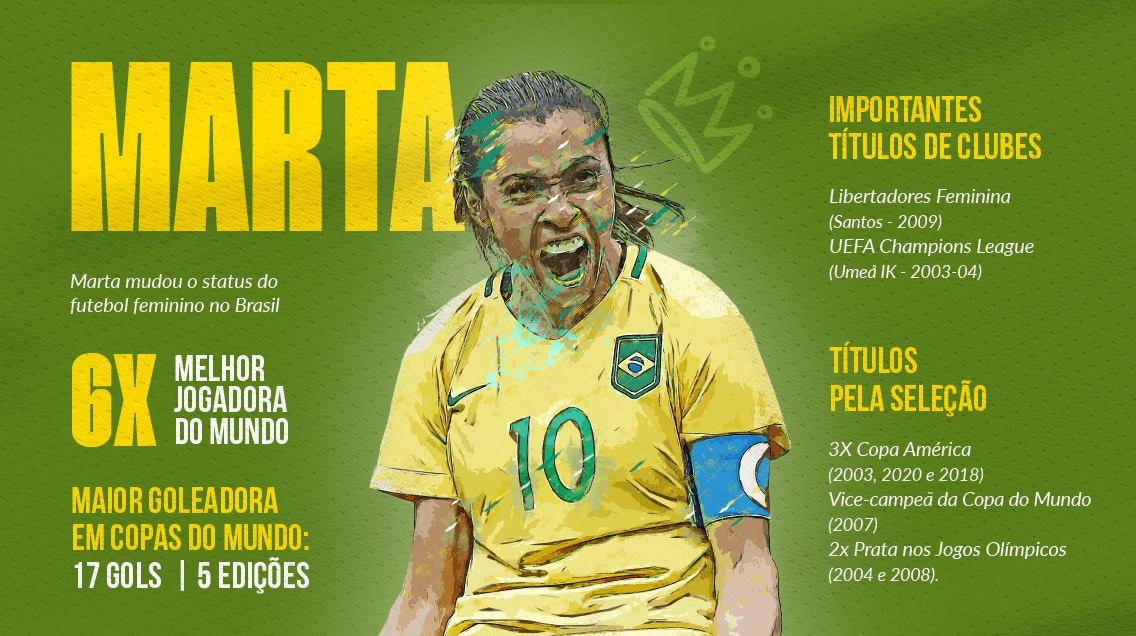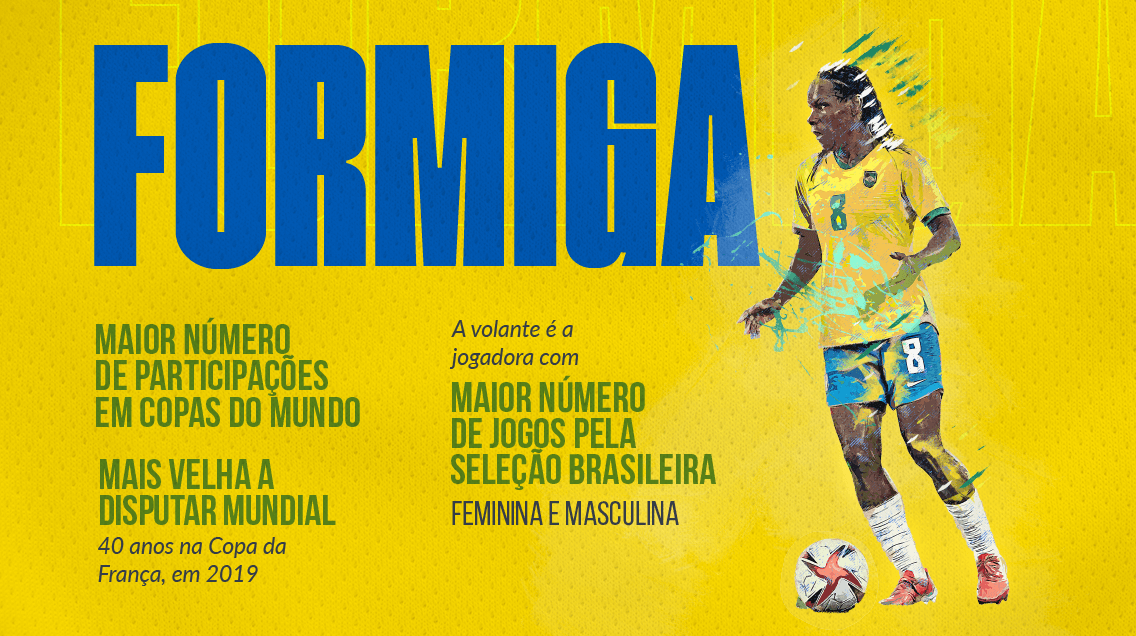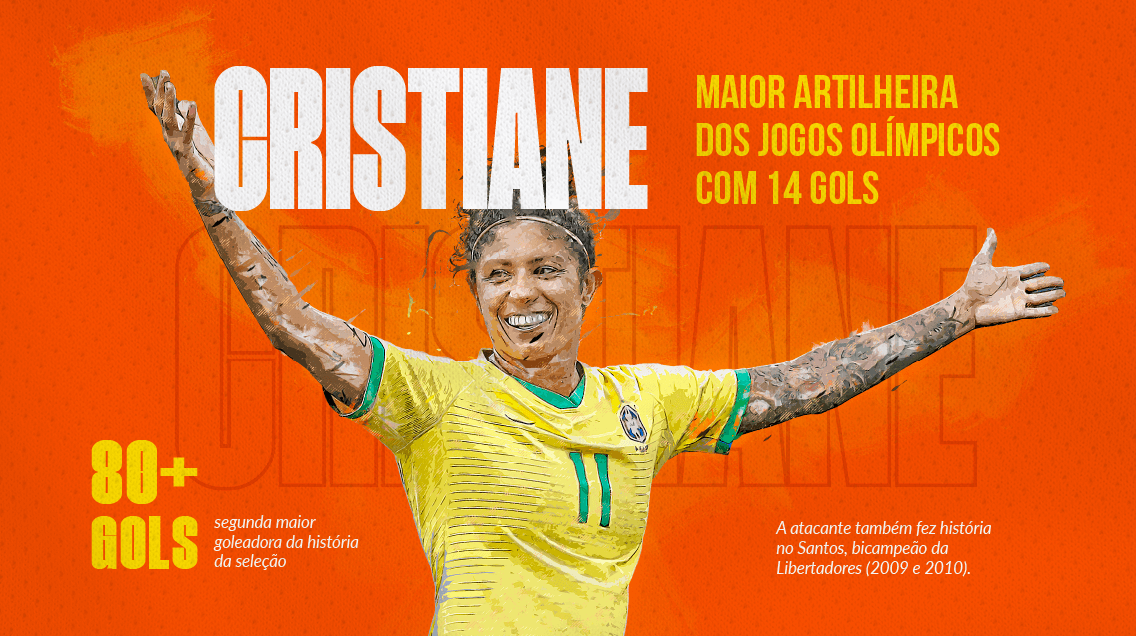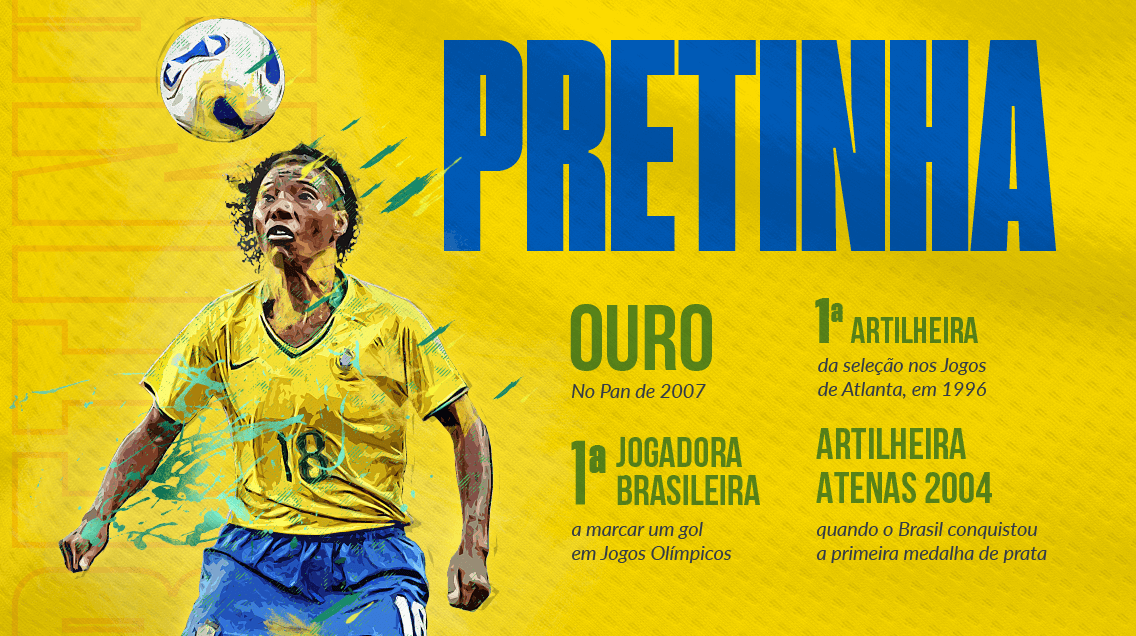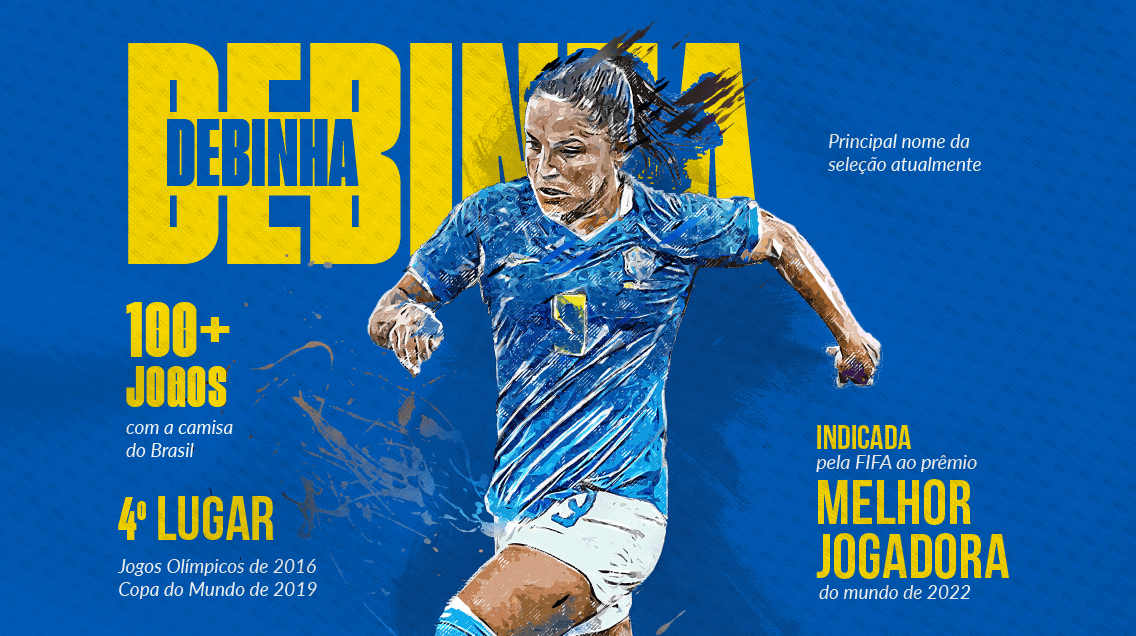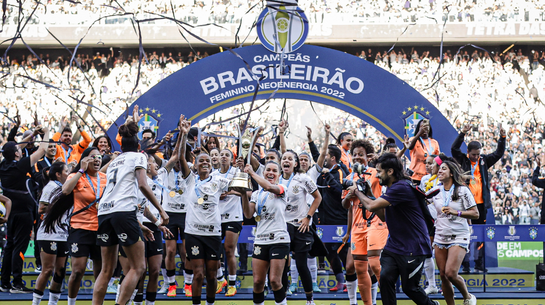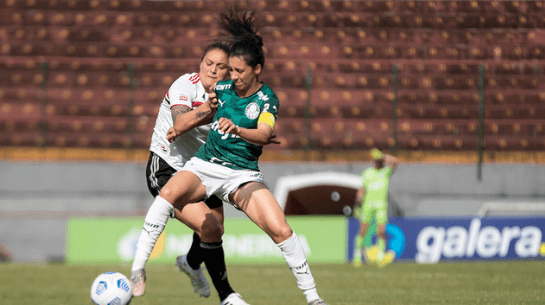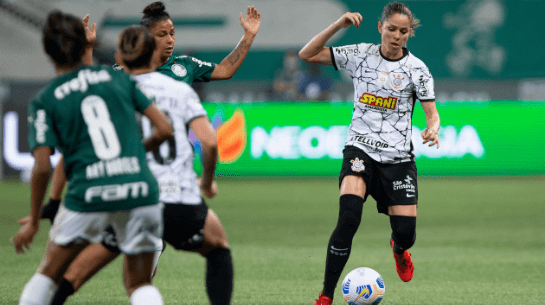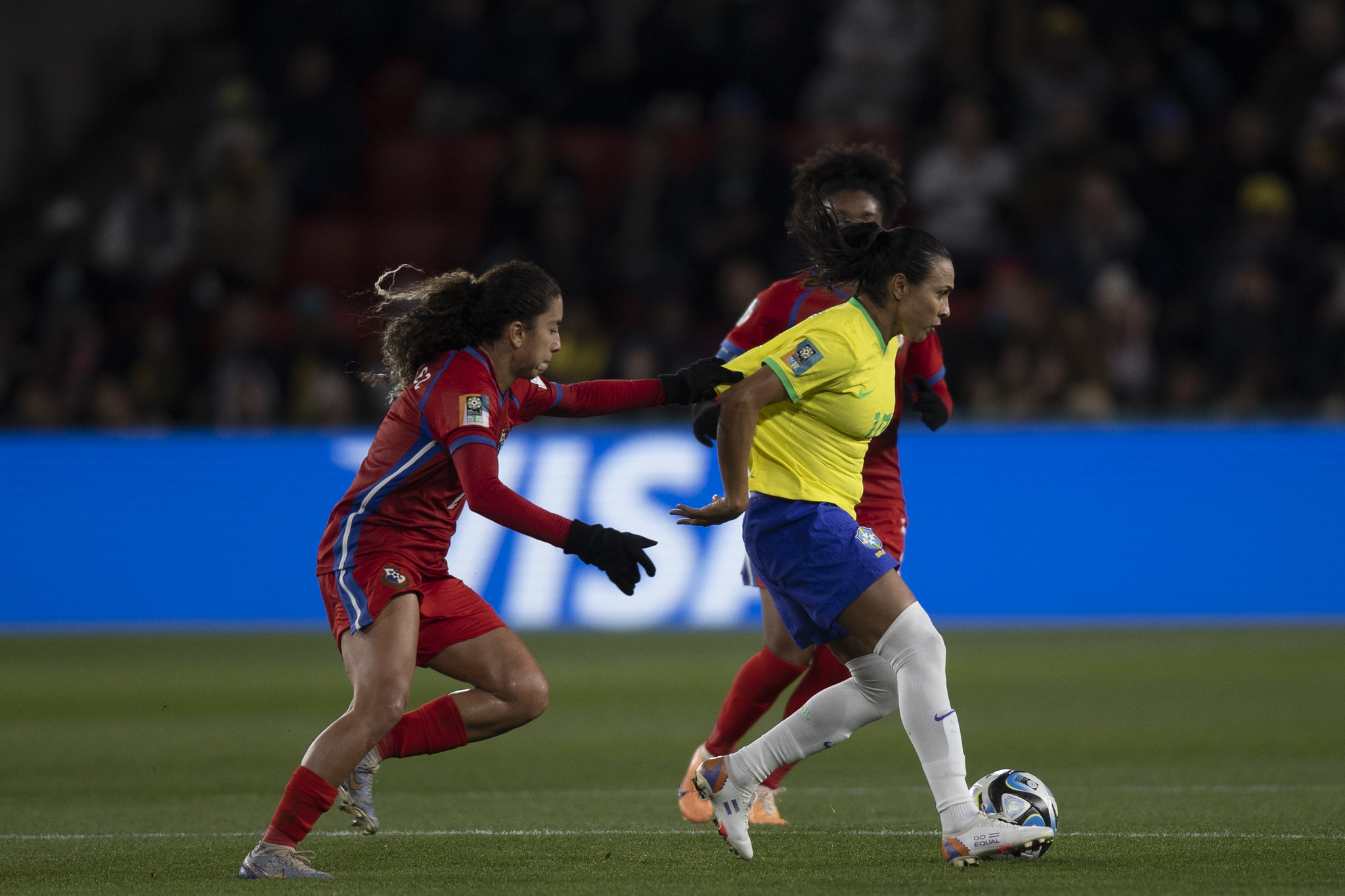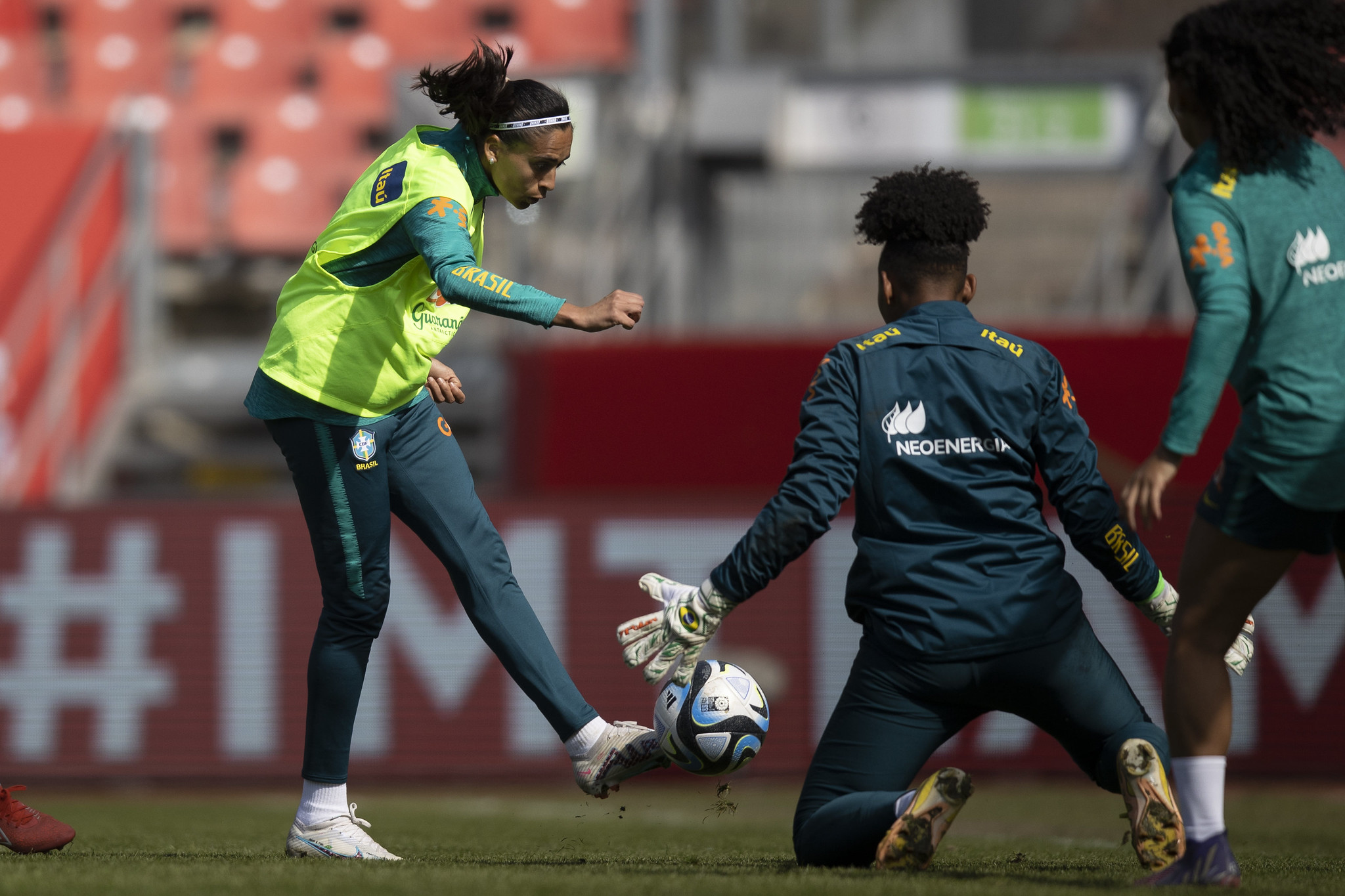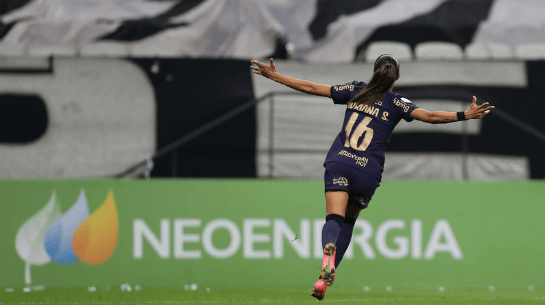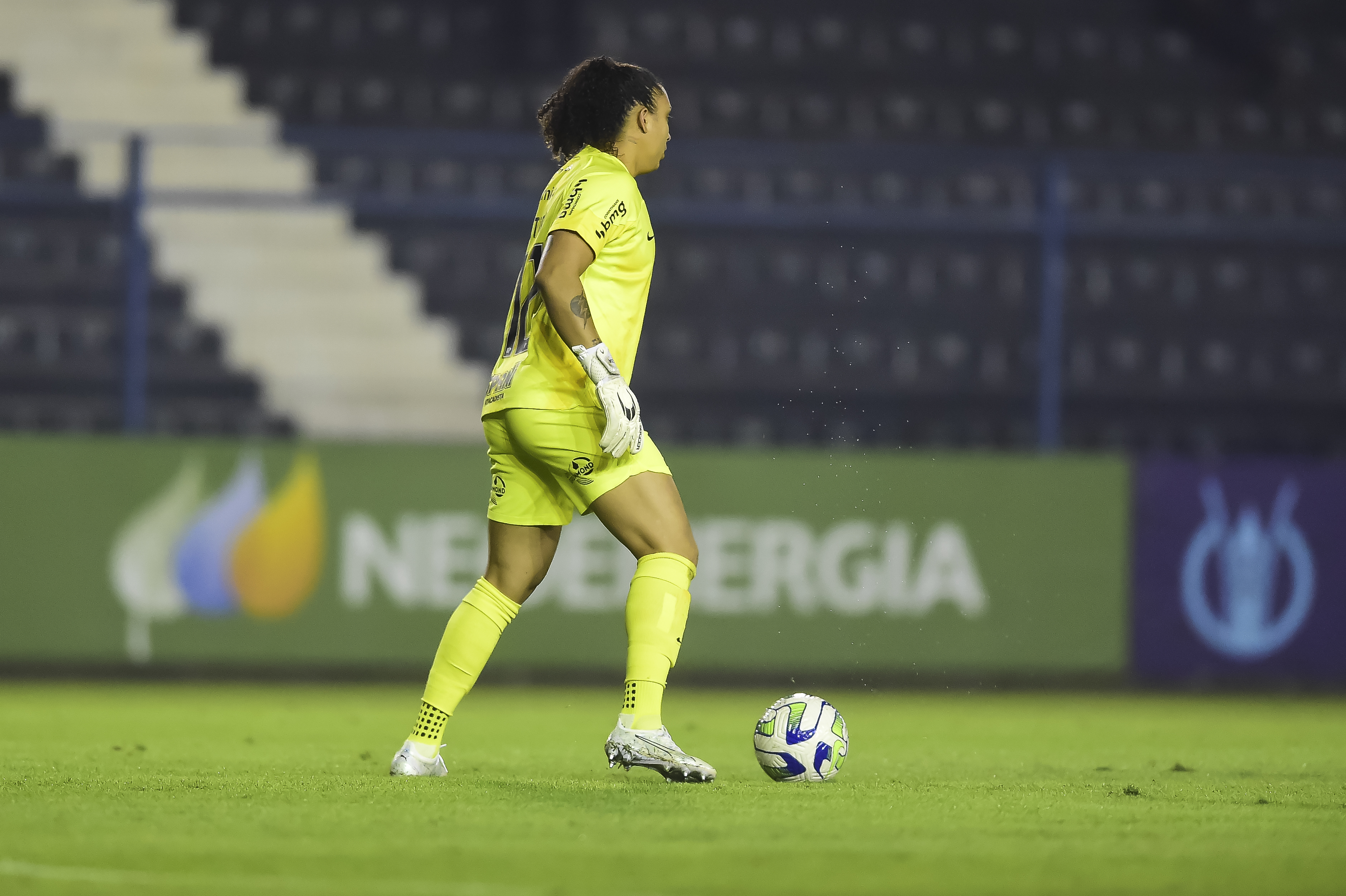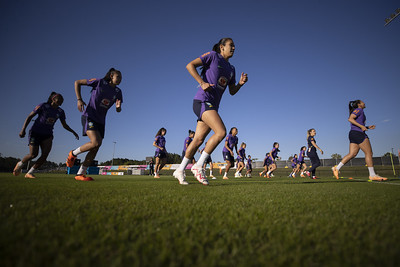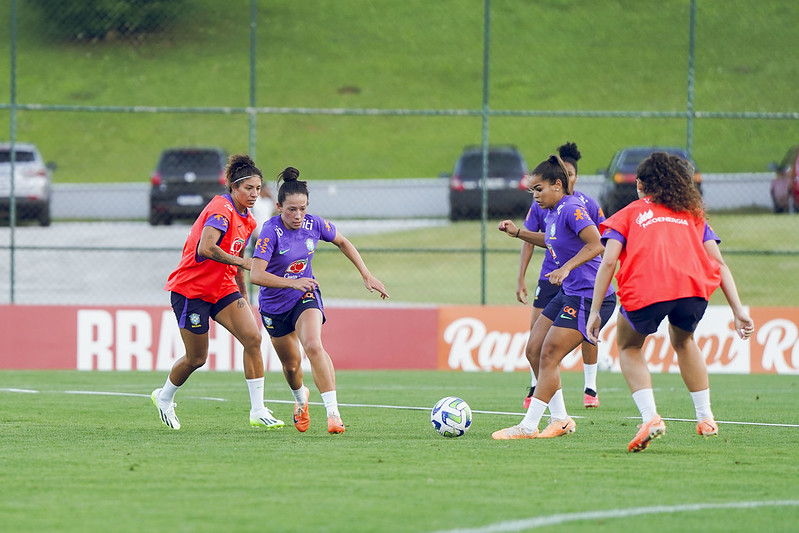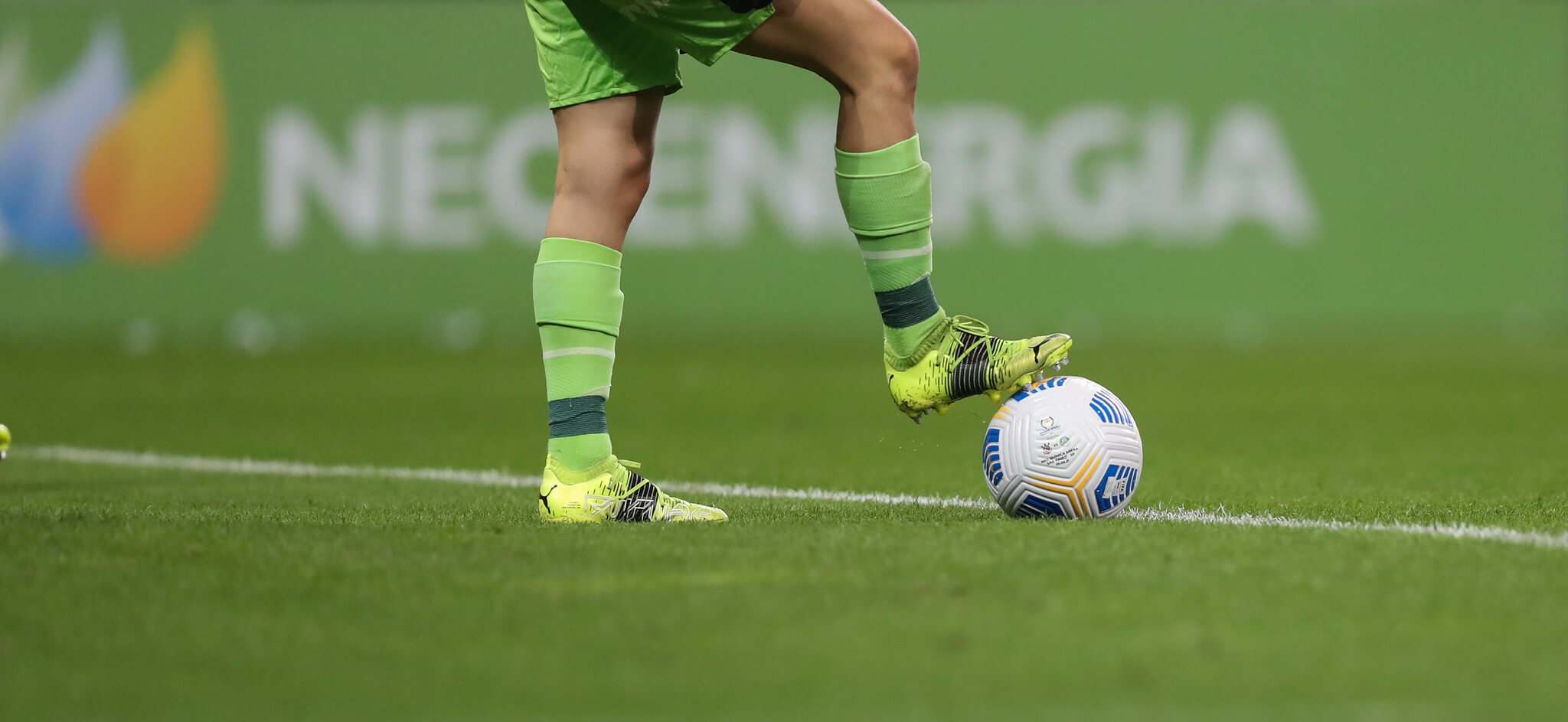
Women's Soccer
With the support of Neoenergia, feminine energy further boosts the great national passion.
Women's football in Brazil
The first women's soccer World Cup took place in 1991, six decades after the men's version. However, women's soccer has an older history, with the record of the first women's match dating back to 1885 in England. Since then, the sport has grown, including in Brazil, with high-level athletes. Despite challenges, women's soccer in the country has shown remarkable growth in fan engagement, sponsorship, and media coverage, setting records with each competition.
The first records of women's soccer in Brazil date back to the 1920s, when the sport was treated in an artistic and even humorous manner, even becoming a circus attraction. In 1940, the first games were held at the Pacaembu stadium, but in 1941 the games were banned, considered inappropriate to the nature of women. In Europe, the story was similar, and for almost 50 years the practice was also banned there.
Finally, in 1979, a measure from 1965, which had imposed a ban in more detail on Brazilian territory, was revoked. Things began to change for real starting in 1983, when women's soccer in the country was regulated, allowing competitions, the use of stadiums, and teaching in schools.
Today, with greater recognition, the sport has entered the official grid of major sports championships. Neoenergia, sponsor of the National Team, is part of this history, supporting athletes and contributing to their professional training. The participants of the Libertadores and the Brazilian Super Cup come out of the Brasileirão Feminino Neoenergia.
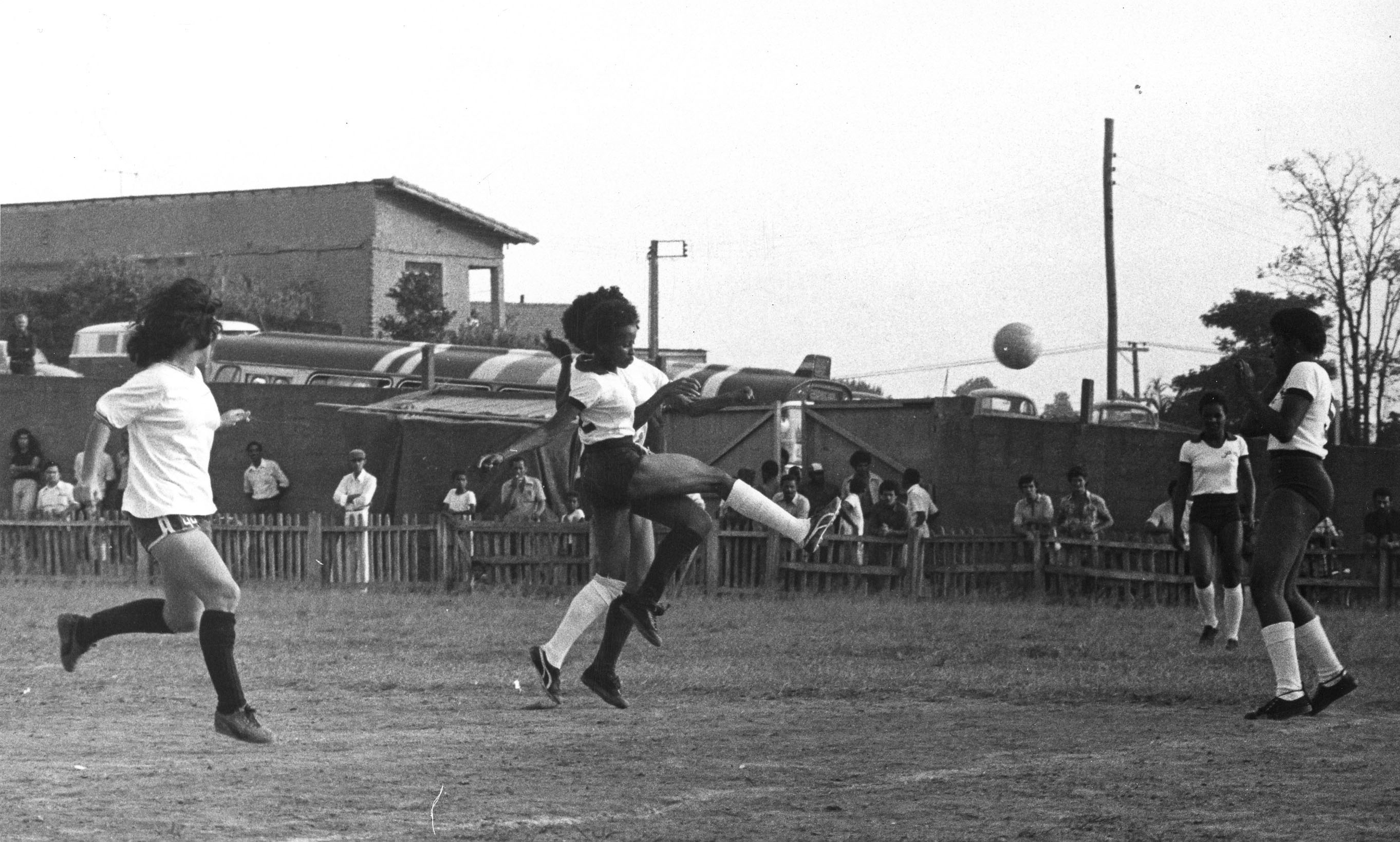
Brazil's first women's soccer team
The first professional women's soccer team in Brazil was Radar, founded in Rio de Janeiro in 1981. Along with Juventus, he represented the country in the first FIFA women's tournament, held in China, in 1988 — the team won bronze on penalties. Today, Corinthians women is the greatest national champion, accumulating titles in the Brasileirão.
The best in Brazil, who conquered the world!
The history of Brazilian women's soccer is marked by some extraordinary players, who have achieved remarkable achievements and contributed significantly to the success of the Brazilian national team. Let's take a look at some of these sports legends:Not only did these players break barriers in women's soccer, but they also inspired future generations to follow in their footsteps and continue the tradition of excellence in the sport. They are true Brazilian soccer legends and a source of pride for the country.
With the #NossaVez campaign for the 2023 Women's World Cup, Neoenergia shed light on the importance of gender equality with the objective of getting the Brazilian public to reflect on the topic on and off the pitch. Check out the campaign video:
History of the sport
2022
Neoenergia enters the field with the National Team to help the sport reach the next level. The national championship is renamed Brasileirão Feminino Neoenergia.
The partnership lasted until 2024, supporting the athletes and their teams to go further and further in the competitions.
2019
FIFA and Conmebol require clubs that wish to compete in the Libertadores and the South American Championship for men to also have women's teams.
2013
The CBF launched the Brasileirão Feminino, with 20 clubs in the first edition.
2007
Marta was already the best player in the world, and Brazil showed this in practice: at Pan do Rio, they beat the United States 5x0 in the final, winning the other one. At the World Cup, the National Team won silver after a final match against Germany.
1991
The first FIFA Women's Soccer World Cup, won by the United States, was organized.
1986
A great year: the first Brazilian women's soccer team took the field, with the pioneers Sidnéia (Lica), Rosa, Mary, Jurema and Fanta; Danda, Fia, Cenira and Pelezinha; Lúcia and Elzinha. Future goalscorer Marta Vieira da Silva was also born in Alagoas.
1983
The sport was finally regulated on national soil, with friendly matches at the stadiums, beach tournaments, schedules, and practice at schools.
1971
The European federations have revised the decision to veto the sport played by women.
1941
Getúlio Vargas signs decree prohibiting women from playing soccer in Brazil. The rule was repealed in 1979.
1881
The first international women's friendly match in the news took place: England vs. Scotland, in Edinburgh. The game was interrupted and the sport banned.
2022
2019
2013
2007
1991
1986
1983
1971
1941
1881

